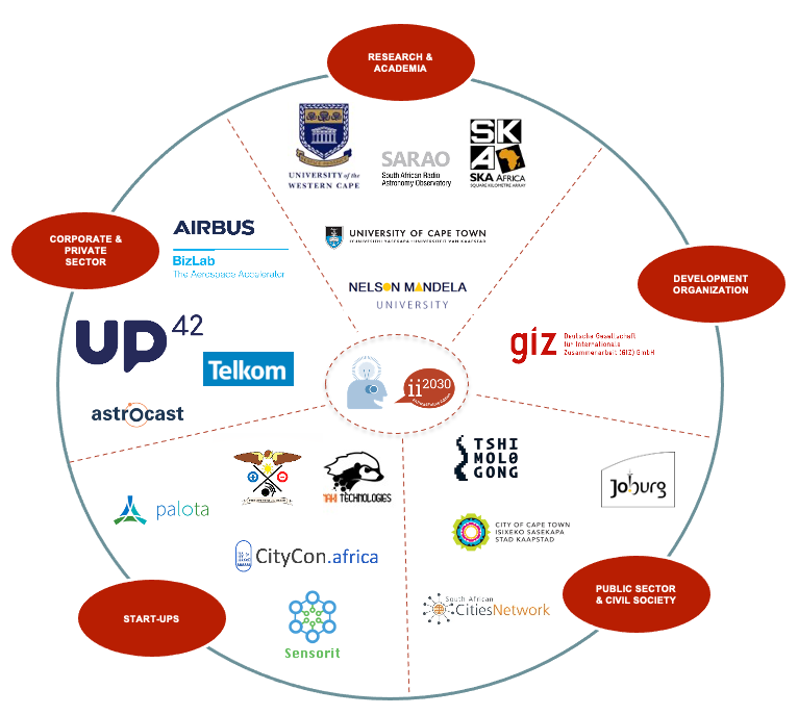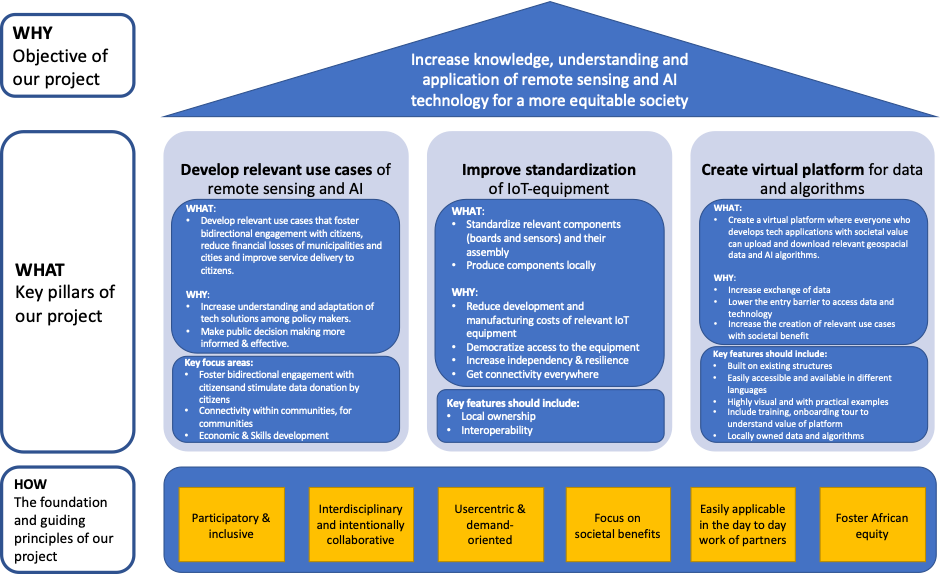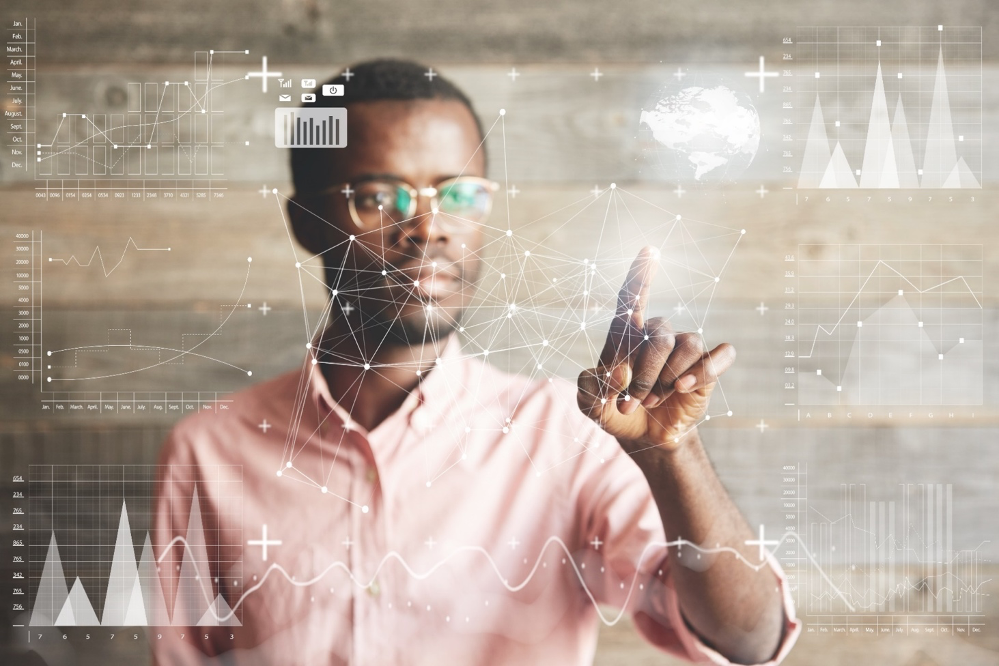With 2020 drawing to a close, the disastrous effects of Covid-19 are becoming more and more apparent. The pandemic, which started a year ago in China and has clawed its way across the world, hasn’t spared anyone, changing life on our little blue planet as we knew it forever. A question the tech community is playing with over the past year: Can technology such Artificial Intelligence and remote sensing help combat and mitigate these effects, turning them into opportunities? If so, how?
It is a fact that Covid-19 has exposed how vulnerable the world really is, a situation which in part is a result of complacency. When things go well, companies, governments, and other stakeholders, after all, tend to loosen the reigns and relax, which can be problematic when disaster strikes out of the blue. Covid-19 is a case in point.
However, the pandemic is not all doom and gloom. The current status-quo has forced companies, industries, and entire economies to adapt, strategise, improvise, and reinvent themselves in record time to keep the wheels turning and people in jobs. Processes of diverse and critical thinking, innovation, and collaboration have been vital in co-creating solutions to get the economy back on track, keep company doors open, fight widespread human suffering and help countries meet the Sustainable Development Goals (SDGs).
Fast-tracking social change with remote sensing and AI
Endeva’s inclusive innovation 2030 (ii2030) approach is a good example, which uses all the above components and technology to develop disruptive and innovative systems that fast-track social change. It does so by connecting various partners and stakeholders from different sectors to solve a specific challenge.
In this year’s #Africa4Future Edition of ii2030, we explored how space technologies such as remote sensing and Artificial Intelligence (AI) can make the world, and particularly vulnerable regions in Africa, a better place. What if African decision-makers were able to utilise these technologies to plan, develop, and implement smart and resilient infrastructure that can adapt to changing environments? What if remote sensing and AI are engines for growth and prosperity across Africa, supporting the SDGs and driving local innovation and job creation?
We convened a critical mass of different changemakers – from government representatives, academia, and technical experts to geospatial data providers, aerospace and AI scientists, start-ups, and civil society and asked them the following question: “How could and should we use remote sensing and AI technologies to build and improve critical and resilient infrastructure for better, cheaper and more efficient service delivery, globally and in Africa?”

Figure 1: Selected partners of the ii2030 co-creation process
Socially conscious design thinking and co-creation
After getting a group of committed stakeholders together, we hosted a series of online consultation and co-creation sessions in October and November this year to develop a shared vision and rapid-prototype solutions that can be implemented in 2021 to fast-track social change.
We spent three days playing around with our ideas, without limits and boundaries. This step helped us conceptualise potential solutions and prioritise realistic wins within existing resources. Nothing is impossible when we take the time to free our minds and let go of preconceived ideas of what does and doesn’t work.
The framework below outlines our three core intervention areas and our guiding principles for collaboration that will help us to implement the solutions in a solid, stable, and sustainable way. To learn more about our solutions and pathway to implementation take a look at our Jasiri2030 concept note or reach out to Ellen Fischat and Christian Pirzer.

Figure 2: Our joint framework for action for Jasiri2030
The entire journey has left us tired but equally inspired and excited to continue our journey. A bit more time is needed to get buy-in and feedback from communities we intend to serve. We also need to continue convincing African policymakers and public services providers that our tech-based ideas and solutions are viable, effective, and affordable.
Diversity is key for co-creation, and our North Star helps us to stay on track
What have the main lessons been so far? One of them is that creating innovative social-impact solutions is only possible with a diverse team of stakeholders that, despite their differences, are empathetic towards one another and have a strong sense of shared purpose and possibility. We can’t change our realities when we choose to remain trapped in isolation and work in silos against one another.
Collaboration is, of course, not always easy. It requires fostering intentional connections, the willingness to be vulnerable, and the ability to let go of one’s ego and self-serving gains. It requires us to rethink and unlearn some of the things we know, look at things differently, and find the courage to try, fail, and start again.
However, when you are working with the right partners and use your shared purpose as your North Star, this won’t be a problem. This will help you get up every time you fall, pushing you one step closer to your goal: a better, more equitable, and fairer world for those who need it the most.
____________________________________________________
This blogpost was written by Ellen Fischat and Christian Pirzer.
This idea is the result of a co-creative process called ii2030. ii2030 is Endeva’s proven approach to create partnerships change systems by leveraging technology and contributing to a more inclusive and future-fit society by 2030. This year’s edition was run in collaboration with #Africa4Future and funded by the Deutsche Gesellschaft für Internationale Zusammenarbeit (GIZ) GmbH on behalf of the German Federal Ministry for Economic Cooperation and Development (BMZ).


